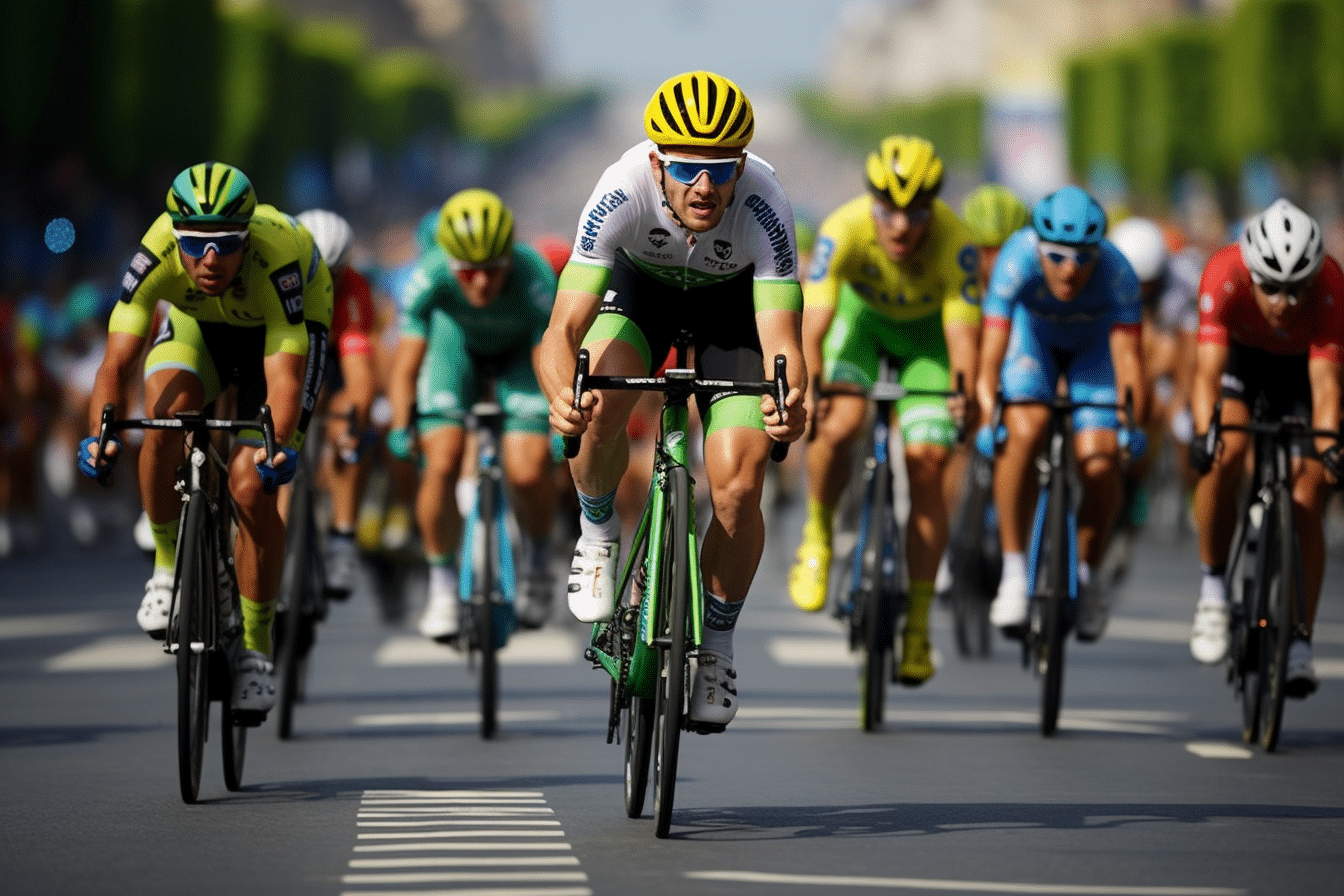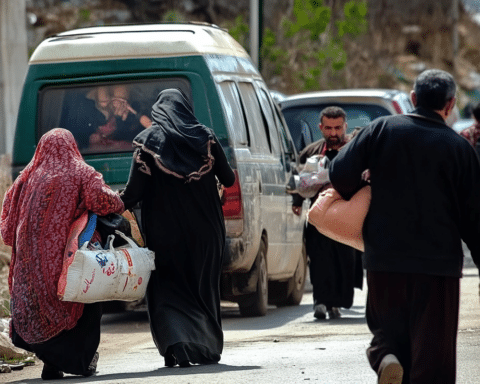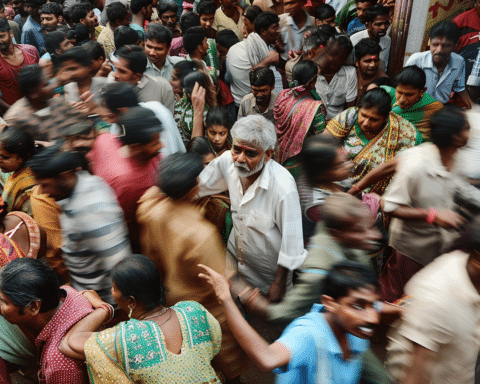In a significant shift of approach, the International Cycling Union (UCI) announced that Tour de France riders who test positive for COVID-19 will no longer face automatic expulsion from the race.
The UCI, cycling’s governing body, emphasized the low health risks associated with the virus within the peloton due to high vaccination rates and previous infections.
This decision marks a departure from previous protocols and aims to strike a balance between safety and maintaining the integrity of the world’s most prestigious cycling event.
COVID-19 Protocols Adapted
Health passes, vaccination certificates, and negative COVID-19 tests will no longer be required for participation in this season’s Tour de France.
The UCI, in collaboration with the team’s doctor, the Tour de France coronavirus coordinator, and the UCI medical director, will collectively make decisions regarding the exclusion or isolation of riders or team members who test positive for the virus. This approach ensures a case-by-case evaluation based on clinical elements and COVID-19 test results.
Lessons from Earlier Races
The decision to adapt the protocols comes after significant disruptions witnessed in earlier races, such as the Giro d’Italia. Remco Evenepoel, the Giro d’Italia leader and a top contender, had to withdraw from the race after testing positive for COVID-19. Other riders, including Domenico Pozzovivo and Rigoberto Urán, also had to abandon the competition due to positive test results. These instances highlighted the need for more flexible guidelines to handle positive cases while considering the overall well-being of participants.
Low COVID-19 Cases in France
The UCI reassured the cycling community that reported coronavirus cases in France are currently low, attributing it to the success of preventive measures implemented by Tour de France organizers. Limiting access and mandating masks in specific zones have played a crucial role in ensuring a safe environment. The UCI believes that maintaining physical distancing, frequent hand disinfection, and proper ventilation of enclosed spaces, which have been in effect for the past three years, will continue to be essential in safeguarding everyone’s health and safety.
Balancing Safety and Competition
The decision reflects the evolving landscape of the pandemic and the need to find a balance between safety precautions and preserving the competitive nature of the Tour de France. By acknowledging the immunity induced by vaccinations and previous infections within the peloton, the UCI aims to prevent unnecessary disruptions while prioritizing the well-being of participants and maintaining the event’s credibility.
Looking Ahead
As the Tour de France gears up for another thrilling edition, riders and teams will have greater confidence in their ability to participate, knowing that a positive COVID-19 test will not automatically end their journey. This new approach fosters an environment of adaptability, enabling teams to make informed decisions based on individual circumstances.
While the risk of COVID-19 transmission is deemed low within the peloton, ongoing vigilance and adherence to preventive measures will be crucial to ensure a successful and safe event.




